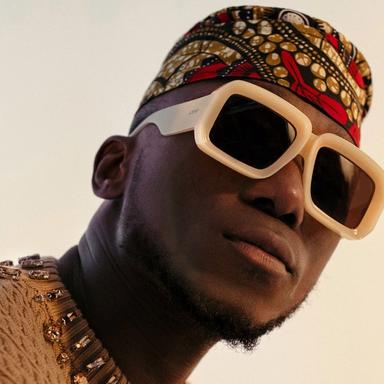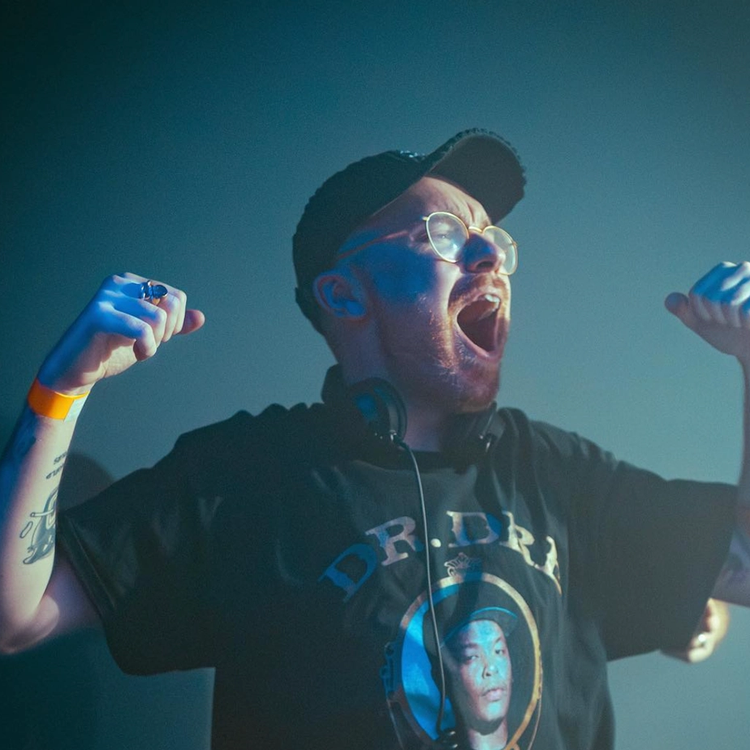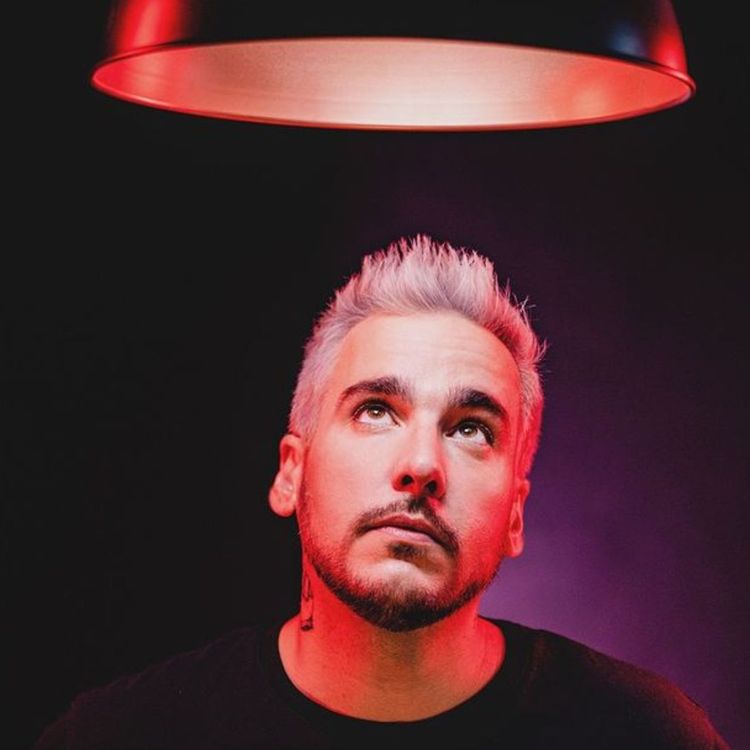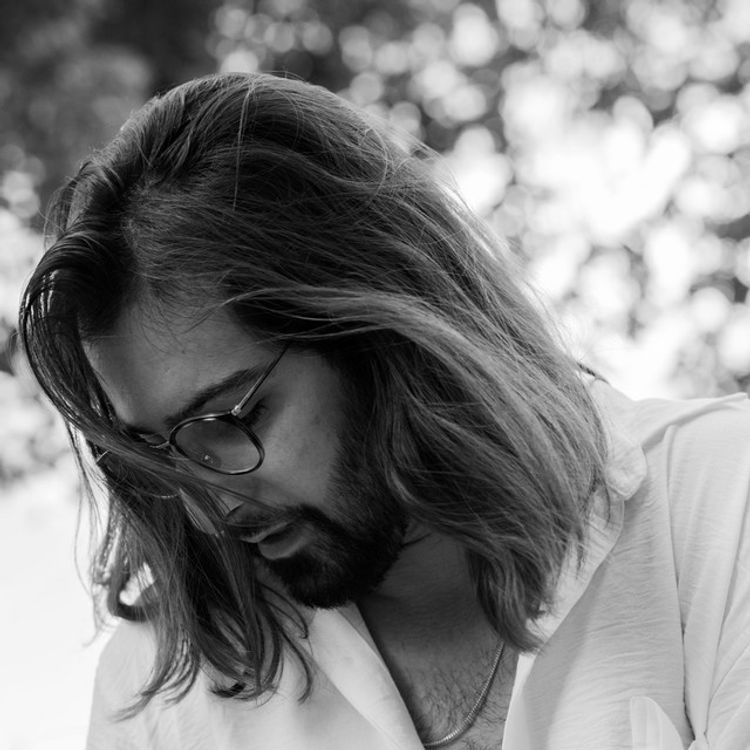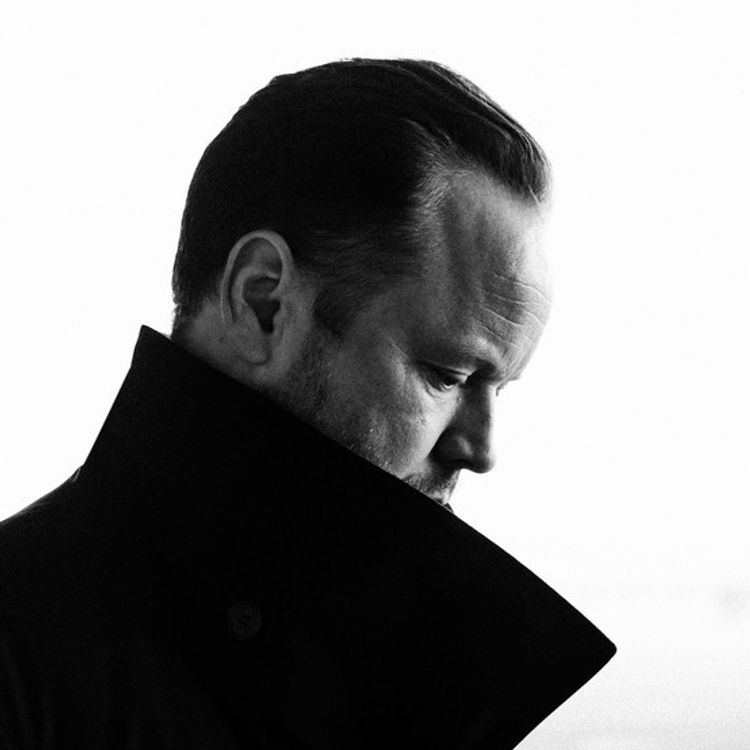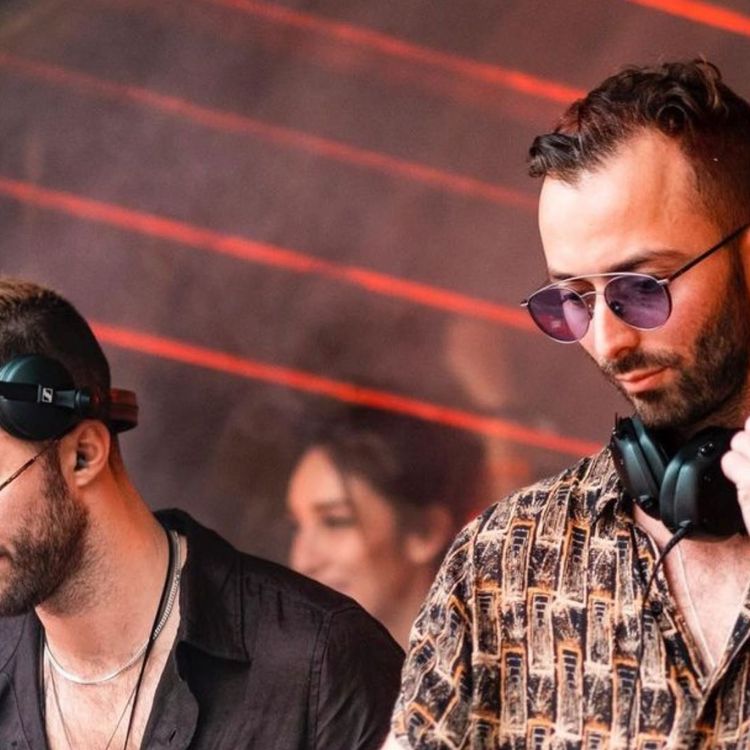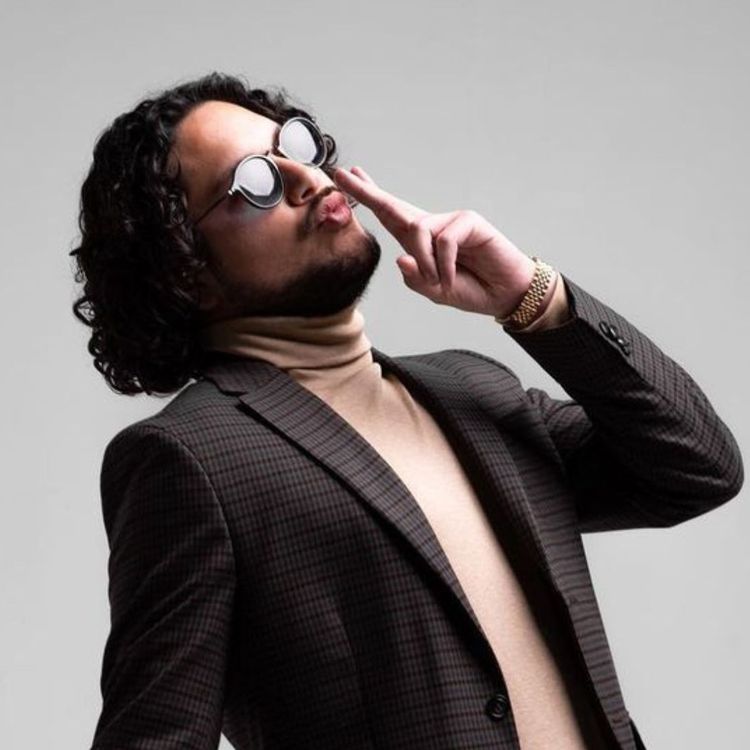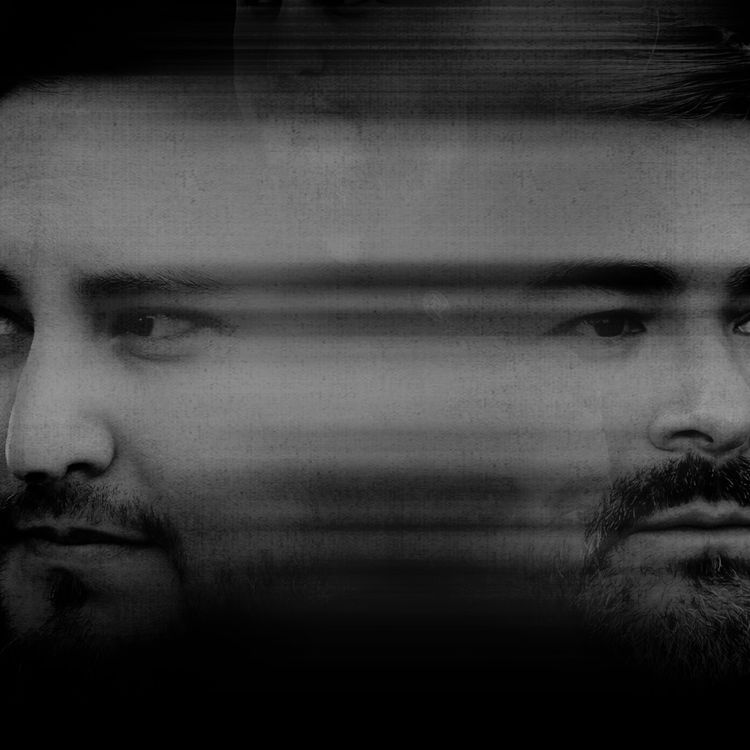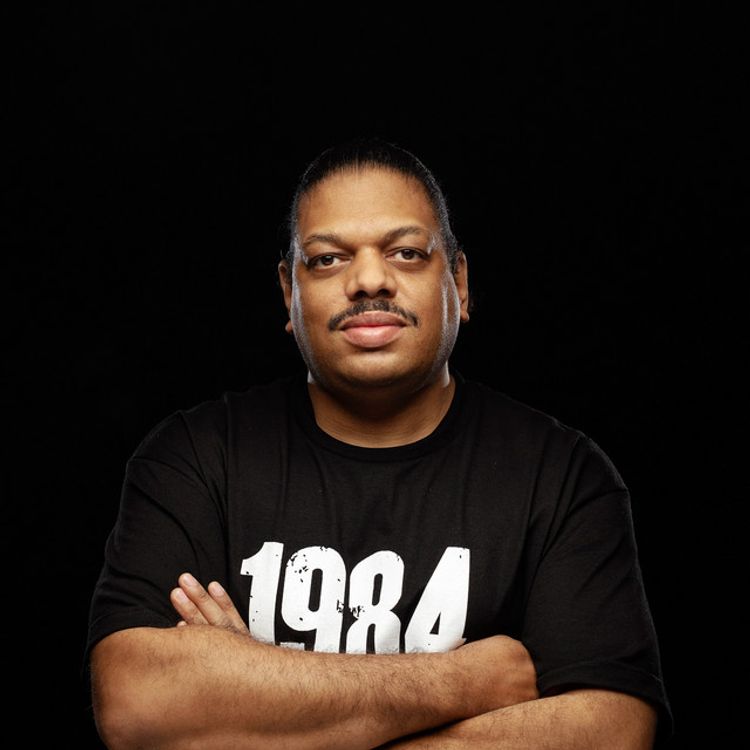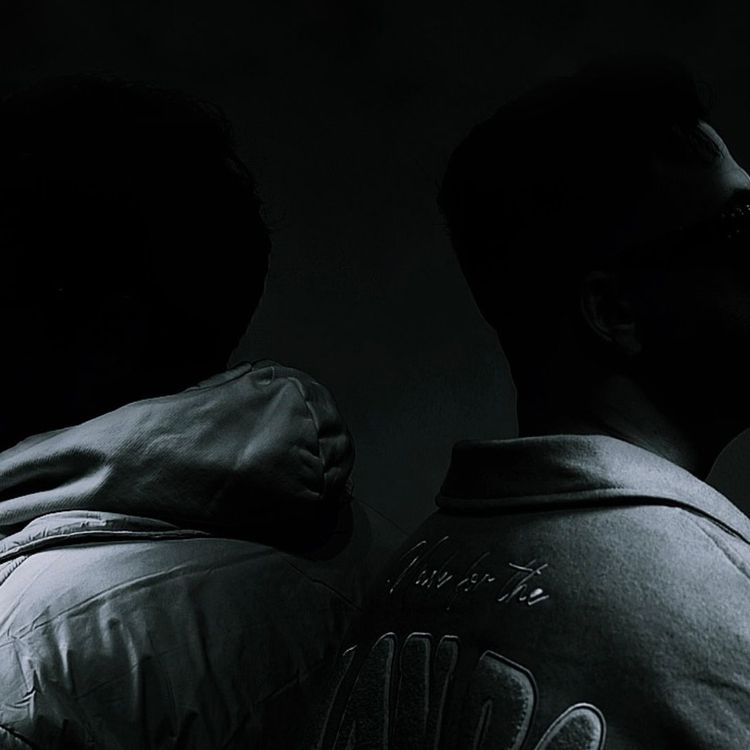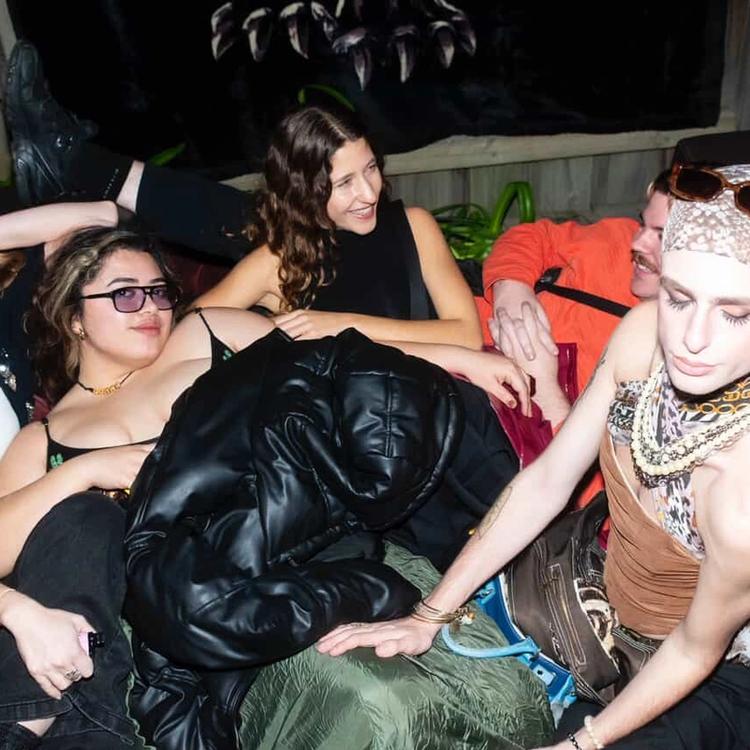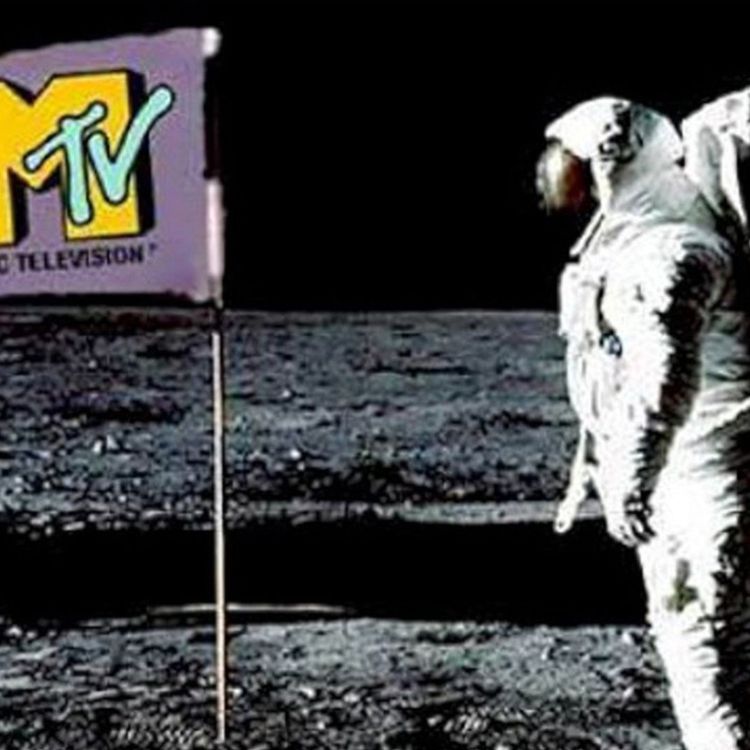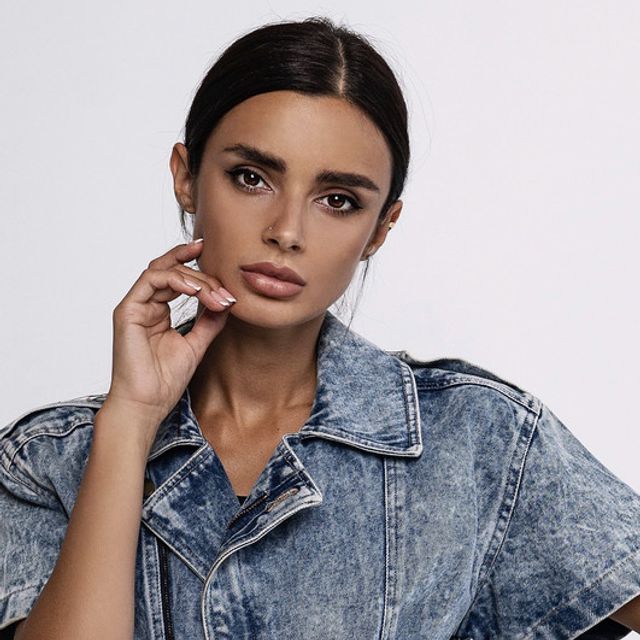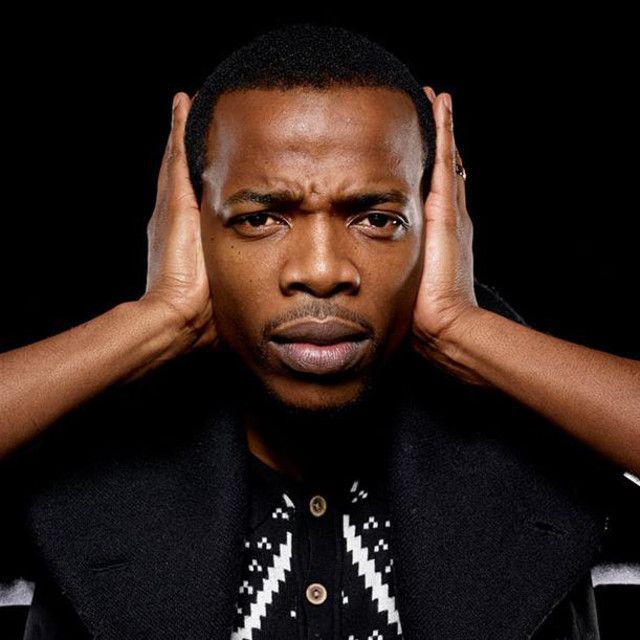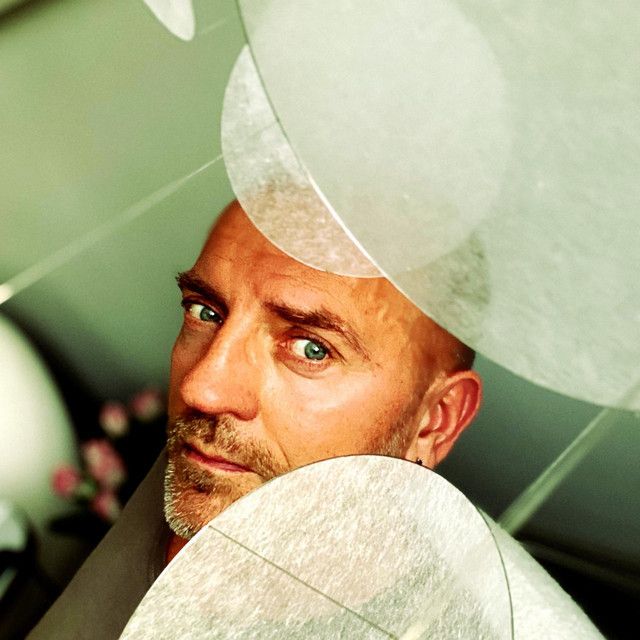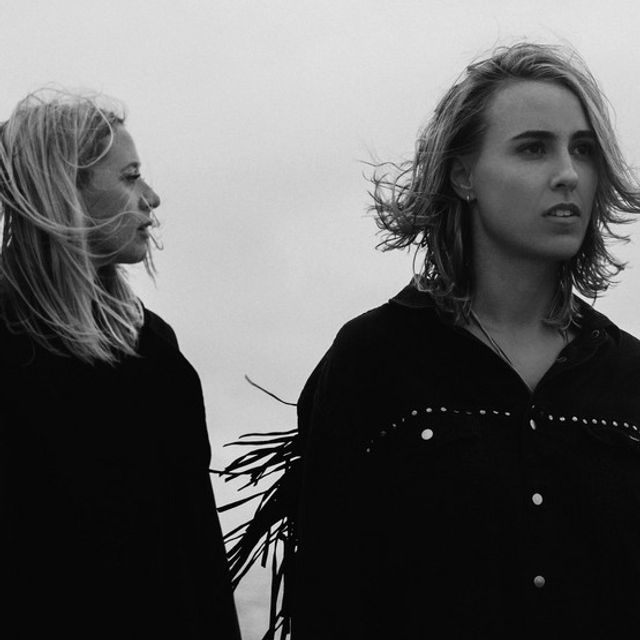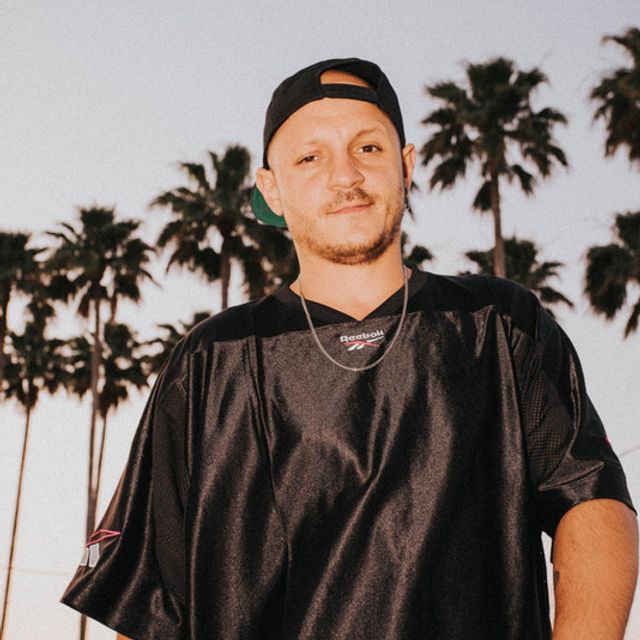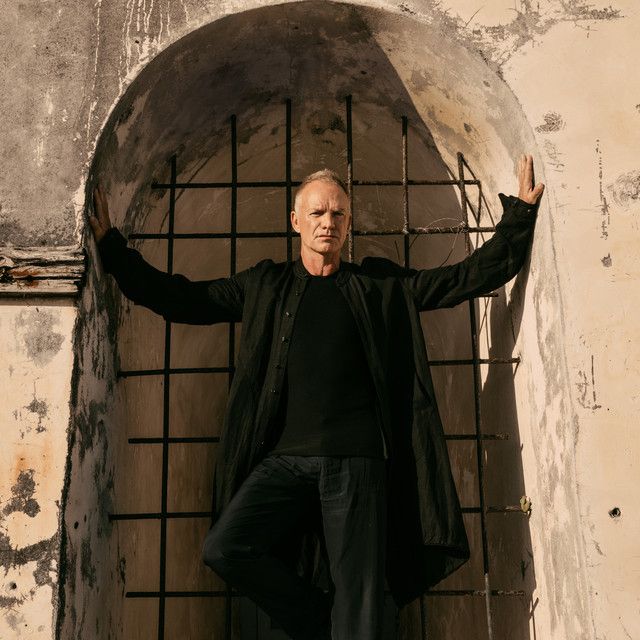Artist Spotlight
With his signature cap and a killer smile, SPINALL has undoubtedly become the poster child for Afrobeats. His impressive catalog has led to a massive fan base that spans Africa, North America, and Europe. SPINALL is greatly recognized for his hit singles, supreme skills on the decks, and collaborations with the likes of Burna Boy, Wizkid, Fireboy DML, DJ Snake, and more. He is also one the few Afrobeat DJs to tour Africa, the UK, and the United States with memorable performances at MTV's European Music Awards, One Africa, and Glastonbury festivals.
When did you fall in love with music?
I fell in love with music at a very early age. I remember my parents listening to a lot of records. So I grew up listening to a lot of stuff, and I would say that that's where my passion came from.
How has the way you make music evolved over the years?
My music has evolved over the years tremendously, and that came also very organically. We can all see the trajectory, too; it's out there. I think that it's been a blessing, and I'm grateful for that.
How important is it to be unapologetically true to yourself as an artist?
That's the only way; there's no other way. It's the law, and you gotta follow the law. You have to stay real, stay original, and keep it authentic. That's the best way you can create. People will understand who you are and what you do. Stay true; that's the only way.
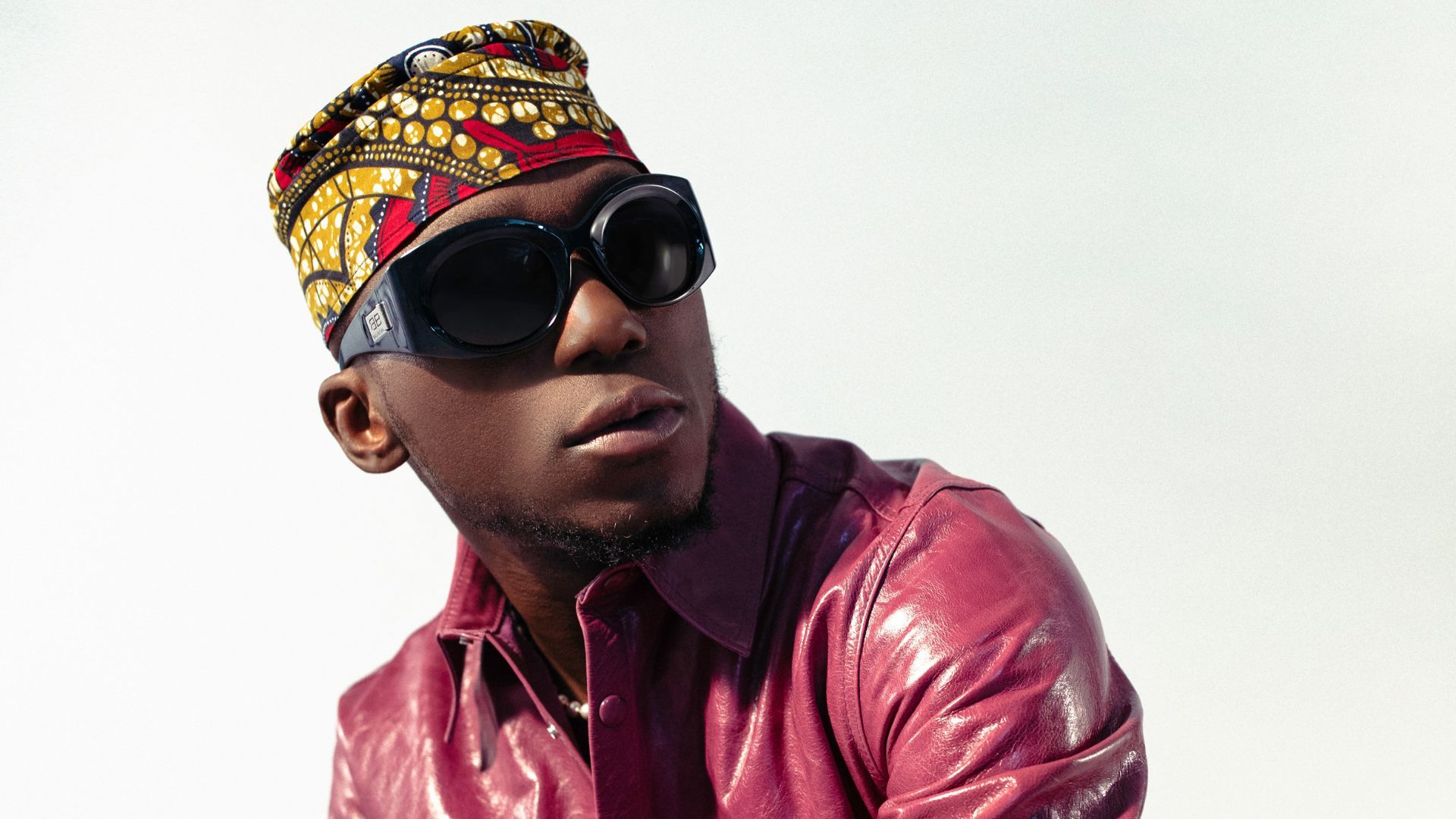
Let's talk about your latest album, Top Boy. Where did the title come from?
Top Boy is a genderless term for anyone who is striving to overcome. No matter what someone has been through, as long as they are always striving to be better for themselves. Whoever does that is definitely a Top Boy.
What is the first step when you begin working on a new project?
It's usually very simple. Sometimes I wait till I get motivated or inspired, and I'm not one of those artists who needs to be in the forest to be inspired. As long as I breathe, I'm inspired. I'm inspired by little things, by people on the streets, what people say, how people dance, how people laugh, how they smile, the work I'm in, I mean life itself, so everything is an inspiration, you know? Because I don't make one style of music, I spin all types of music: R&B, hip hop, Afrobeats, house. It depends on how I'm feeling.
You have a refined ability to blend different genres and support the musicians you collaborate with in bringing their greatest self to a song. What has been your biggest lesson while working on a collaboration?
Patience. Understanding that due process has to take place. Patience is not just waiting. Patience is waiting in character, waiting in your mannerisms and in your respect. So that's what I have learned so far. When you feature people or when people feature you, it's two different worlds trying to coexist. They have to coexist first before they can produce anything. So when we coexist, I understand you, you understand me, then we can make beautiful music out of it.
I'm grateful for all the talents I've been working with and who I'm still working with because they see the vision; not a lot of people see the vision. For those that saw the vision, they are reaping tremendously from their visions. So patience, I would say, and I think this applies to all walks of life as well. I think that no matter what you do, you just have to be extremely patient if you want anything to come to fruition.
You have worked with huge artists like Wizkid, Asake, Tiwa Savage, and DJ Snake. Is there anyone you haven't worked with yet that you want to collaborate with?
I would love to collaborate with basically anyone who gets the vision. And I think that I would also love to collaborate with somebody who wants to try something different. Somebody who is very open-minded to be experimental with the sound. Like if you typically make R&B, can I up the tempo a little bit when we wanna work? If you typically make rap music, can I swing you on Afro? So that's how I create my music. You'll hear someone like Amaarae on my album and be like, ooh, what is this? I try to make something unique and unexpected, and I think that's the magic we've been able to create. Also, I would love to collaborate with some of the people I used to look up to coming up. I would love to collaborate with them because I know they have so much experience that it'll be good to learn from them.
Afrobeat has conquered a large part of the world, and you are one of its biggest stars. How far can the phenomenon go?
I would say, how far do we think Afrobeats has come? That's the first question, and once we do the calculation, then imagine how far more it could possibly go. My advice is that people should just keep making the best art. I think the music is speaking for itself, and everybody gets the memo. So it's amazing to see Africa on the rise, at least in some positive news.
What has been the stand-out moment of your career so far?
There's been a lot. If I could pick one, it would be the day I made the decision I was going to DJ. So, I studied electrical electronics engineering in university. And all through my uni days, I was always sneaking out of school to go to the radio station, and I always had this confusion of whether I should practice what I'm studying or should I choose this? I was confused. I was going crazy, you know? Finally, it hit me that my heart is where my soul lies. So I just decided to follow my heart. It wasn't as easy as I'm saying now, but you know, that day, I was able to make the decision. Then I became focused. So, I bless that day.
The second day that I would say that has been one of the special moments in my career might be when I found out that I'm gonna be performing at the Glastonbury Festival; that was special. The other time that was special, I would say, was when Beyonce invited us to Parkwood Studios. She was working on an album at the time, the Lion King project. So she invited a lot of artists from Africa, myself, DJs, a lot of artists. So many people that didn't make the album were in the studio trying to work on the project. That was really special because people really don't think of DJs when they think of making a project of that magnitude. A lot of people supposedly are supposed to know that DJs are important in rooms like that. So for someone like Beyonce, who is like the boss, looks into Africa and said, "oh, I want DJ SPINALL to spin on this camp," that means I have been doing something special. I also got to meet a lot of people and learn from them; that was mind-blowing.
I always say Iyanu a Sele (a Yoruba proverb). It means "there will be a miracle." People should not be afraid to go after their dreams; go after your dreams for your own fulfillment. A lot of people are not fulfilled because they're still not doing what they're meant to be doing. I think I enjoyed the process of my come-up also. Even in studying engineering, you could tell, step by step, in every construction, and that's the trajectory of making beats when I make beats in the studio. We start small, then we build, and it becomes a big song, so I'm grateful that I get to experience all of this.
You give a lot of energy on stage. Which city gives it back to you the most?
I think all the cities I've performed at had a big vibe. If I look back in time, I say every time I throw a party, here, what's the vibe. But I'll say London, New York, and Lagos. We're excited to be back in New York in June. I've not done a show in New York in a minute, so it's for sure it's going to be a good one.
What would you like your legacy to represent in the years to come?
That's a tough one…that I truly care. I care not just about music but about humanity itself. I care about how we treat one another. I care about mutual love, I care about fairness, I care about culture, I care about life itself.
